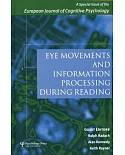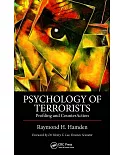In the past decade, the field of comparative cognition has grown and thrived. No less rigorous than purely behavioristic investigations, examinations of animal intelligence are useful for
scientists and psychologists alike in their quest to understand the nature and mechanisms of intelligence. Extensive field research of various species has yielded exciting new areas of
research, integrating findings from psychology, behavioral ecology, and ethology in a unique and wide-ranging synthesis of theory and research on animal cognition.
The Oxford Handbook of Comparative Cognition contains sections on perception and illusion, attention and search, memory processes, spatial cognition, conceptualization and categorization,
problem solving and behavioral flexibility, and social cognition processes including findings in primate tool usage, pattern learning, and counting. The authors have incorporated findings and
theoretical approaches that reflect the current state of the field. This comprehensive volume will be a must-read for students and scientists who want to know about the state of the art of the
modern science of comparative cognition.





















